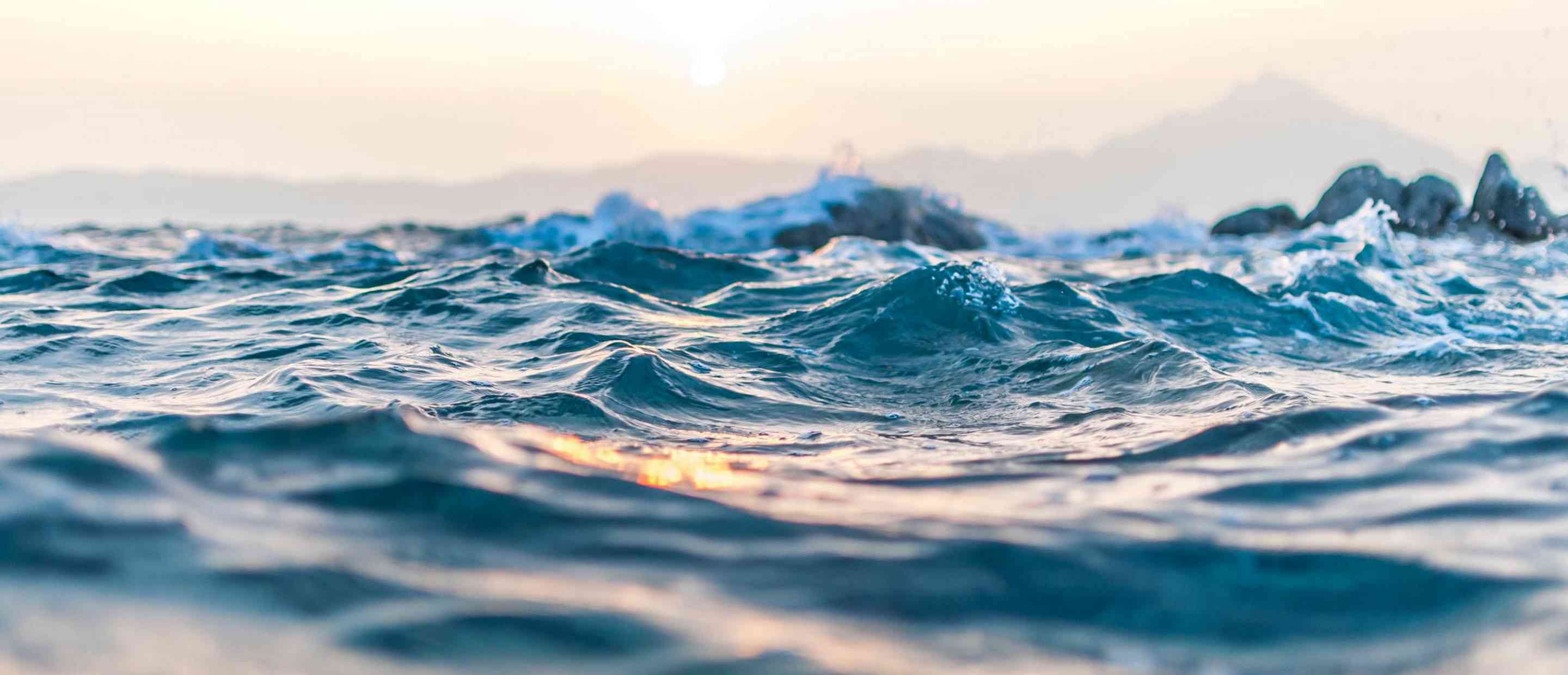In the course of the earth's history, ecosystems (terrestrial and oceanic) and species have had to adapt to changes to the world’s climate. Yet rapid climate change may make it more difficult for ecosystems to adapt, such that biological diversity (biodiversity) is directly affected.
The Ocean is being massively impacted by the Triple Planetary crisis, represented by climate change, pollution and biodiversity loss. Extensive and destructive fishing, as well as pollution from land based sources such as plastics (among others) are risk multipliers enhancing the vulnerability and exposure of this critical Earth system to emerging climate change driven hazards.
A summary of our main findings:
- The Ocean provides key ecosystem services that are crucial for human wellbeing and the prosperity of the global economy. Ocean degradation and approaching tipping points are a clear example of market failure.
- A circular economy is based on investments that reduce carbon emissions and pollution, enhance energy efficiency, harness the power of natural capital and the benefits that these ecosystems provide, and halt the loss of biodiversity
- For the Sustainable Blue Economy to prosper, several enabling conditions are necessary. A cooperative and dynamic legal and regulatory framework is a first step. Establishing blue economy metrics measurement and availability of data are one of the biggest challenges facing the marine economy.
- Blue Economy companies show healthy economic indicators and significant growth compared to the overall economy. While climate change and Ocean degradation clearly represent a threat for our economies and society, the transition towards a more sustainable world brings about significant economic opportunities.

